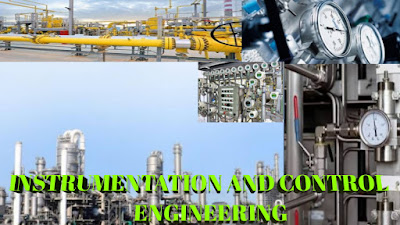Some General Instrumentation Terms and Measurements
Some General Instrumentation Terms and Measurements Process The physical system we are trying to control or measure. Examples: water filtration system, molten metal casting system, steam boiler, oil refining unit, power generation unit. Process variable, or PV A specific quantity we measure in a process. Examples: pressure , level , temperature , current , electrical conductivity, pH, position, motion, vibration . Setpoint, or SP The value at which we want the process variable to be maintained. and is also known as the target value of the process variable. Primary Sensing Element, or PSE A device that directly senses a process variable and translates that sensed quantity into an analog representation (electrical voltage, current, resistance; mechanical force, velocity, etc.). Examples: thermocouple, thermistor, Borden tube, microphone, potentiometer, electrochemical cell, accelerometer. Transducer A device that converts one standardized signal to another standardized instrumentation si...


